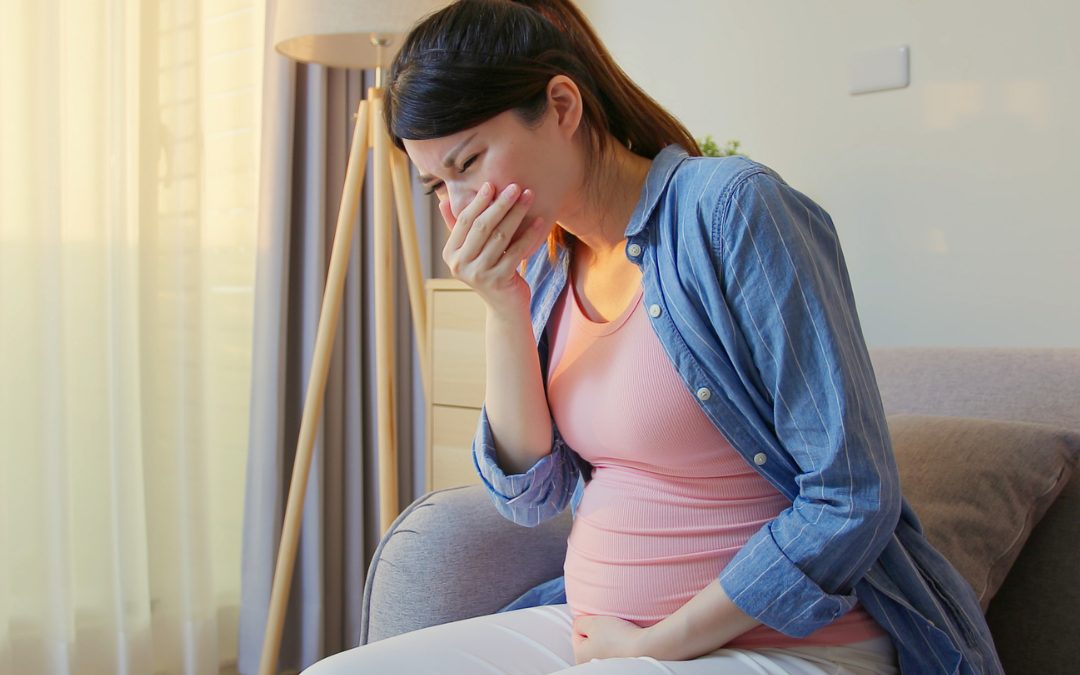
What Happens if I Get Salmonella While Pregnant?
If you are an expecting mother, you are likely doing everything you can to ensure a healthy pregnancy. The Fountain City area offers a wealth of opportunities to support your health and well-being from exercise options to healthy food and drink options. If you’re trying to stay active while pregnant Fit4Mom is a great resource for pre- and post-natal fitness with locations all over Knoxville. Cutting back on caffeine and missing your daily coffee intake? Favorite local shops like Cultivate Coffee and Flowers offer low-caffeine and caffeine-free drink options. There are all kinds of options for expecting mothers to stay healthy.
Being proactive about your health is one thing, but avoiding unwanted illness and infection is another. Navigating the dos and don’ts for a healthy pregnancy can feel daunting, especially when it comes to avoiding foodborne illnesses. Among the top concerns is steering clear of salmonella infection—a common and potentially dangerous type of food poisoning. Keep reading to learn more about recognizing the signs of salmonella and strategies to prevent contracting this bacterium during pregnancy.
How Dangerous is Salmonella While Pregnant?
Food poisoning while pregnant presents a unique challenge to expecting mothers. Symptoms caused by bacterial infections often resemble common pregnancy experiences such as fatigue and nausea. These hallmark signs of early pregnancy can trick you into thinking you haven’t contracted a foodborne illness when you have. Expectant mothers need to mitigate the risks of food poisoning, not only for their health but because of the potential threat it poses to the developing fetus. Typically, salmonella infections play out the same way in pregnant women as they do in anyone else. However, in the rare event that an infection is transmitted from mother to baby, it could result in severe health complications such as sepsis or meningitis.
Do I Have Salmonella?
Symptoms of salmonella can develop anytime from a few hours to multiple days after exposure. Symptoms should not be overlooked, even if several days have passed since eating the suspected food. These symptoms may appear 6 hours to 6 days after becoming infected, with most individuals noticing symptoms within a time frame of four to seven days.
Common Salmonella Symptoms
- Diarrhea
- Nausea
- Abdominal cramps
- Vomiting
- Headaches
- Fatigue
- Fever
Severe Symptoms
- Dehydration and unable to stay hydrated
- Bloody stools
- A fever of 102 or higher
- Symptoms last longer than six days
If severe symptoms develop, you should seek immediate medical attention.
Prevent Salmonella During Pregnancy
Prevention is key. There are simple ways to mitigate the potential risks primarily related to food preparation and consumption.
Practice Food Safety
- Avoid raw and undercooked meat and animal products such as fish, eggs, and steak.
- Wash produce thoroughly before cooking and consumption.
- Cook food at home thoroughly and use a kitchen thermometer to check internal temperatures.
- Do not eat unpasteurized foods. Common foods to check before consuming include milk or dairy products and juice.
- Avoid cross-contamination in the kitchen and keep the cooking areas clean and sanitized.
Other Ways to Prevent Salmonella
Wash kitchen towels, rags, and sponges after use to prevent the spread of harmful bacteria. Animals can carry salmonella, so especially be cautious of puppy licks or handling any pet bathroom accidents. Limit contact with animals and/or wash your hands after interacting with pets.
Protect Your Pregnancy
Always consult your OB/GYN with concerns about your pregnancy. If you think you may have salmonella while pregnant, don’t panic – consult with a healthcare professional and get the care you need. For peace of mind, follow simple tips to avoid food poisoning and keep you and your baby healthy.
If you have questions or concerns, visit AFC Urgent Care Fountain City today.